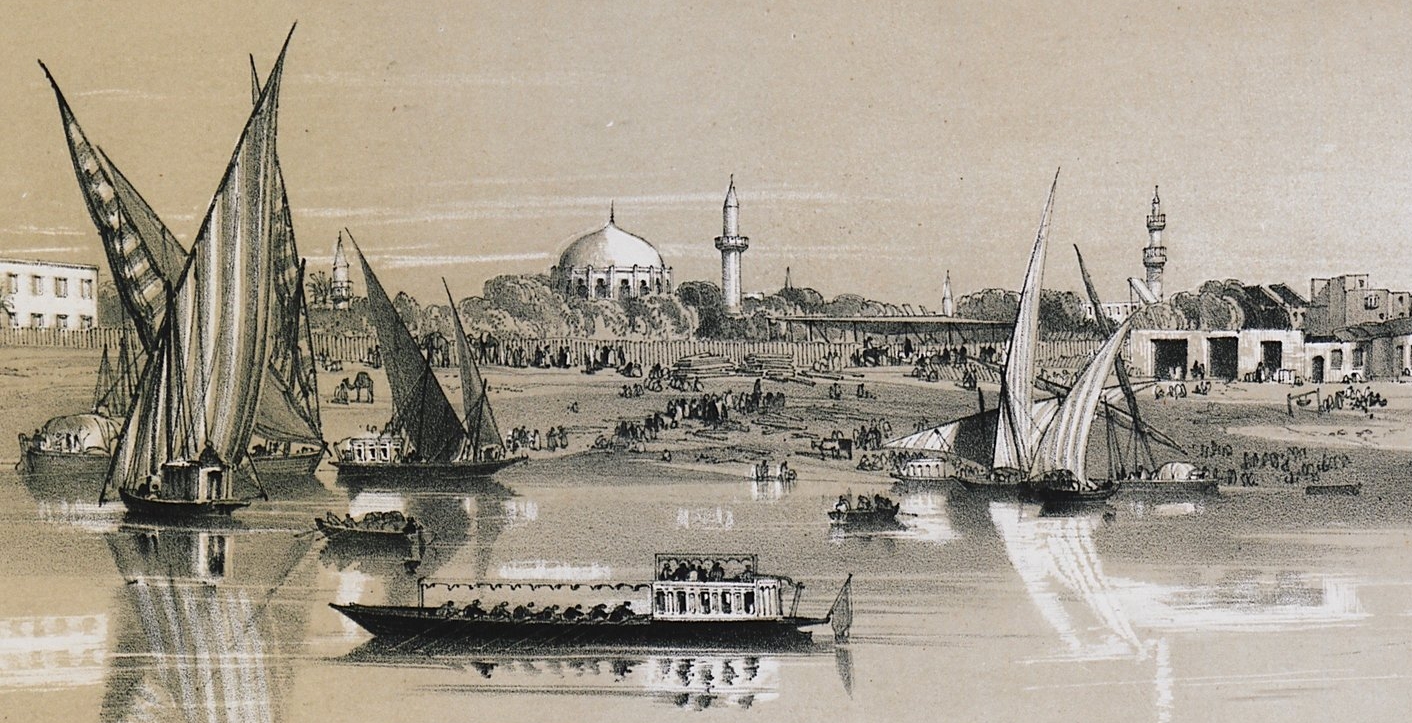6: Court Jesters and Black Mirrors
In this episode we discuss Moroccan literature about the country’s “years of lead” and its formidable and ruthless former king Hassan II; and about the relationship between humour, fear and power. We look at literary awards and what they are good for, and why Arablit has decided to create a new award. And we ask: how much contemporary Arabic literature is “dystopian”?
Show notes
- Youssef Fadel’s “Moroccan trilogy” will appear from Hoopoe Fiction. They have already brought out A Beautiful White Cat Walks with Me (translated by Alexander Elinson) and A Rare Blue Bird Flies with Me (translated by Jonathan Smolin), and Elinson is at work on the novel Farah, which would translate to Joy, but will instead be translated as A Shimmering Red Fish Swims with Me.
- Mahi Binebine’s Le Fou du Roi (The King’s Fool) is, like A Beautiful White Cat Walks with Me, inspired by the figure of Hassan II’s court jester, Binebine’s father, as well as Binebine’s brother, who was imprisoned in the infamous Tazmamart prison. Aziz Binebine is one of a number of former Tazmamart prisoners to have written memoirs. His is Tazmamort.
- Yassin Adnan’s Hot Maroc was longlisted for the 2017 International Prize for Arabic Fiction and is currently being translated by Alexander Elinson.
- The ArabLit Story Prize is currently raising funds for its first edition.
- The International Prize for Arabic Fiction (IPAF) released its 2018 longlist on Wednesday, January 17. Many of the novelists are well-known authors; eight have been on previous IPAF longlists. The longlisted novel The Baghdad Clock, by Shahad El Rawi, has already been translated by Luke Leafgren and will appear in April from Oneworld. Amjad Nasser’s Here is the Rose has been longlisted; his previous novel, Land of No Rain, was beautifully translated by Jonathan Wright. The shortlisted The Frightened Ones, by Dima Wannous, is already out in Italian translation, Quelli che hanno paura.
- Sonallah Ibrahim’s famous refusal of the Arab Novel Award from the Egyptian Ministry of Culture is discussed in this profile.
- Yasmine Seal’s article, “After the Revolution,” about three Egyptian novels she considers dystopian, in Harpers’ magazine.
- It was Robin Moger who asked us to stop describing so much Arabic literature as “dystopian.” The (maybe-sometimes-dystopias) discussed were Basma Abdel Aziz’s The Queue, translated by Elisabeth Jaquette; Ezzedine Choukri Fishere’s No Exit; Mohamed Rabie’s Otared, translated by Robin Moger; Ahmed Naji’s Using Life, translated by Ben Koerber; Nael El-Toukhy’s Women of Karantina, translated by Robin Moger; and Ahmed Khaled Towfiq’s Utopia, translated by Chip Rossetti.




